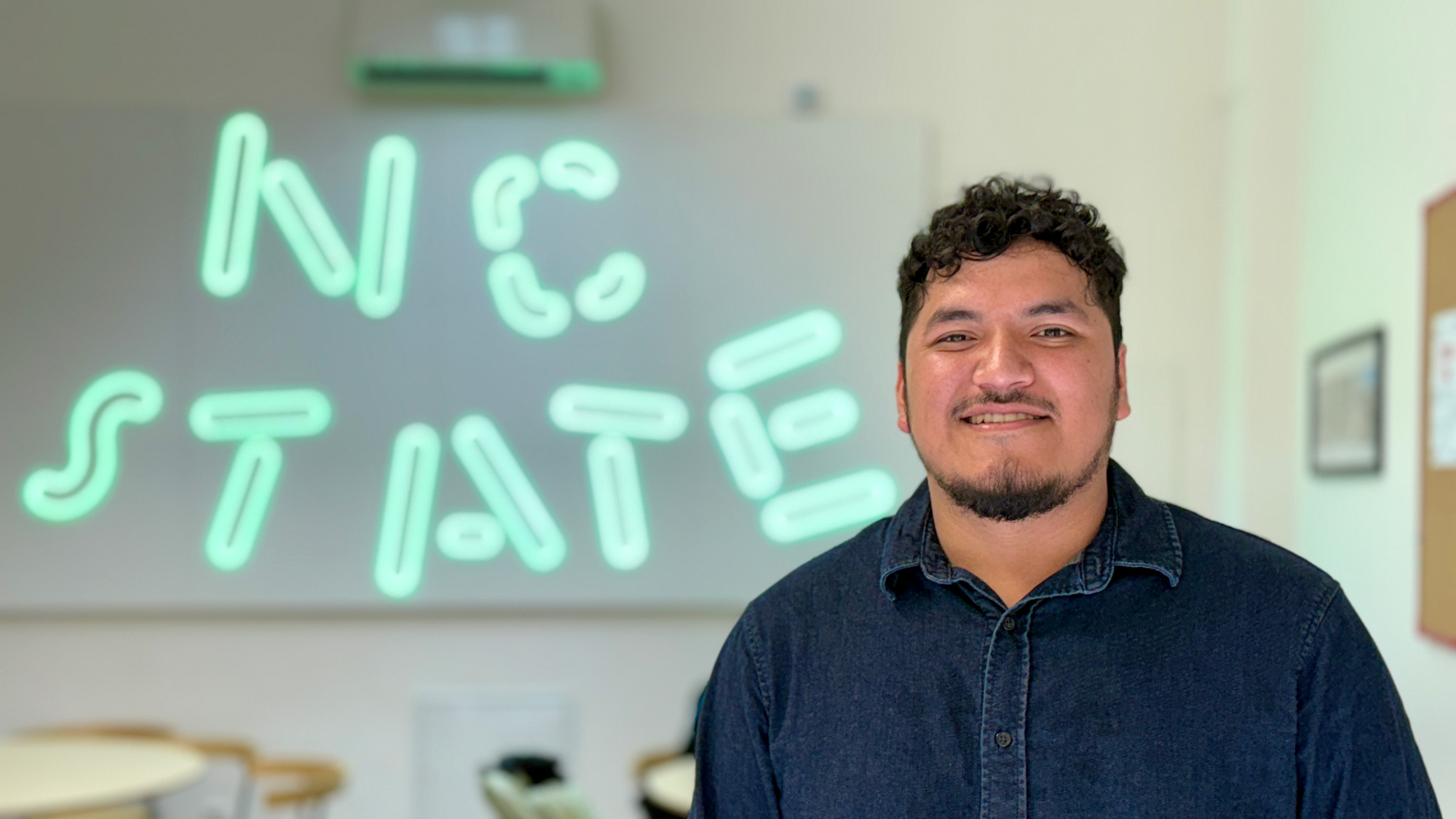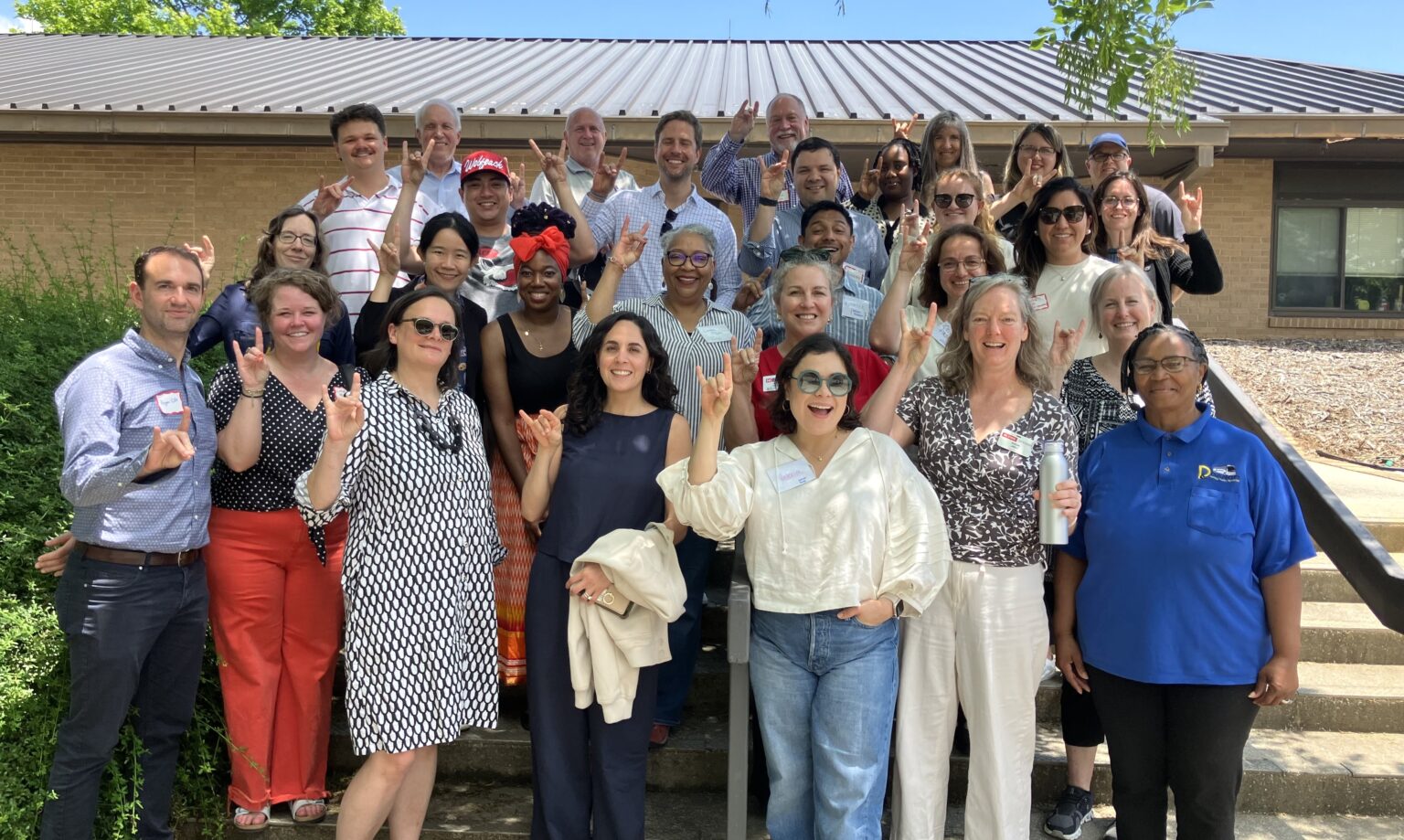Tom Zagenczyk has always been fascinated by the complex web of social networks and psychological factors that define the modern workplace. As a new professor of management at the Poole College of Management, he is helping his students understand how their thoughts and actions matter at work.
Q&A with Tom Zagenczyk
What initially inspired you to study organizational behavior and human resource management?
As an elementary and middle schooler, I was a nerd who loved playing basketball. I dreamed of making the varsity basketball team and spent many years putting in the time and effort to make it happen. I had some really good coaches along the way, but I also observed others who would throw chairs, break ball racks, and use really colorful language. This behavior made some good athletes decide to pursue other sports. I started to pay attention to situations in which leaders seemed to behave in ways that made it more difficult for them—and their followers—to accomplish their goals.
As an undergraduate student at the University of Pittsburgh, I considered majoring in psychology until I encountered the field of organizational behavior, which brought my interests in business and psychology together. I stayed at the University of Pittsburgh to earn a PhD in Organizational Behavior and Human Resource Management.
What is the focus of your research?
My research falls into three general buckets: employee-organization relationships, abusive supervision, and how social network ties influence employee behavior and performance. This third area of research currently occupies the majority of my time. In the workplace, social network ties can be friendship ties (where there is a personal relationship formed), advice ties (where employees turn to each other for input) and workflow ties (where employees have to work closely with each other). I recently published a paper demonstrating how burnout may spread through different kinds of social network ties as a result of interaction and information sharing. Currently, I’m working on a project that examines the role of informal leaders in driving helpful employee behavior, as well as other psychological explanations for why employees go above and beyond to be helpful or simply meet the minimum requirements of their jobs. I’m also exploring how positive treatment from an organization inspires employees to help out at work because they experience gratitude.
How has your research changed the way you approach professional relationships in your own life?
“Often, our immediate reaction to what a colleague does is to assume that it’s a function of personality. What my research– and the research of many others—shows is that it is usually a more complex reaction to a situation that is occurring within an organization.”
Researching the dynamics of employee-organization and employee-supervisor relationships has prompted me to try to understand why organizations, supervisors, and employees behave in the ways that they do. Often, our immediate reaction to what a colleague does is to assume that it’s a function of personality. What my research– and the research of many others—shows is that it is usually a more complex reaction to a situation that is occurring within an organization.
What is one of the most pressing unanswered questions in your field?
For the past 30 years, academic practitioners in organizational behavior and human resource management have thought deeply about how to make our research matter in a real-world environment. Our ideas transfer to the workplace through the journal articles we publish, the students we teach, and the companies that invite us to conduct trainings and serve as consultants, but there is plenty of room to continue translating thought leadership into practice.
How would you describe your teaching philosophy?
My initial goal is simply to discover what interests my students most. Once I figure out why they are there and what they hope to glean from my class, I use storytelling to present information in a way that they remember, while also bringing in research.
What are some of the topics and themes that interest your students?
My students often want to talk about how the shortcuts they take in their thinking affect what happens in the workplace– and the strengths or weaknesses of these shortcuts. For example, they are interested in exploring ways to avoid the mistakes that can happen when our biases influence the way we process information. They are also interested in learning strategies to become effective leaders. Another theme that seems to arise frequently is personality. Many people have this idea that understanding personality is the key to unlocking behavioral patterns, but the data doesn’t show this to be true. Some traits can be influential, like helping or counterproductive behavior, for example, but I find that managers and employees believe that personality has a bigger effect on performance at work than it actually does. You can’t just put an extrovert in a sales role and expect them to excel.
How do you like to spend your free time?
Golfing and fishing are a few of my favorite pastimes. My wife and I have a delightful 21-month-old son who has a lot of energy! Our family is local, so we spend time with them.
- Categories:



